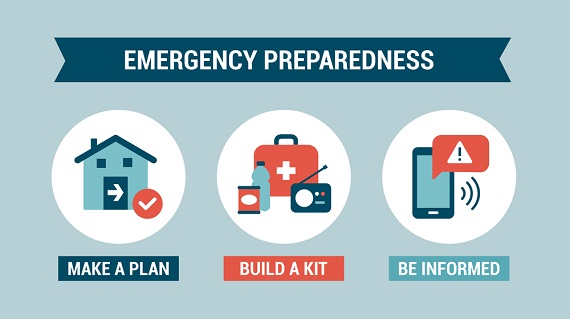During pregnancy, expectant mothers often have questions about the best way to stay safe while driving. Common questions include whether seat belts are safe, how to best position the steering wheel, and if airbags are safe or if they should be disabled. National Highway Traffic Safety Administration (NHTSA) to the rescue – they answer these and other questions in a downloadable quick guide: If You’re Pregnant: Seat Belt Recommendations for Drivers and Passengers
We’ve excerpted a few of the NHTSA graphics and compiled bullet points below.
Seatbelts
- Always wear a lap and shoulder belt when driving. It’s also important to wear seat belts if you are a passenger. AAA says that seat belts reduce traffic fatalities of front-seat passengers by 45%.
- Put the belt below – not across – your belly. It should be snug across your hips and pelvic bones. Seat belt straps should never go directly across your stomach.
- Don’t put the shoulder belt under your arm or behind your back – not only does wearing the shoulder belt help restrain you and prevent injuries in a collision, wearing it incorrectly could cause injuries in a collision.
- Tighten belts to remove any slack. They should lie flat and fit snugly.

Airbags
- Airbags are designed to work with seat belts, not replace them.
- Don’t disable airbags. Air bags reduce the risk of injury for expectant mothers and don’t increase the risk of injury for unborn babies.
Steering wheel
- Keep at least 10-12 inches of distance between you and the steering wheel.
- As your belly grows, you may need to adjust the seat to sit as far back as you can while still reaching the pedals.
- If the car has a tilt steering wheel, angle it toward your breastbone, not your head or your belly.
- Avoid letting your belly touch the steering wheel.
AAA has a good related reference article: Car Safety Tips for Expecting and New Parents. In addition to tips for expectant mothers, they offer info for new parents on topics of shopping for a car seat, types of car seats, car seat installation, and registering your car seat to be notified of any recalls.
Reprinted from Renaissance Alliance – no usage without permission.





